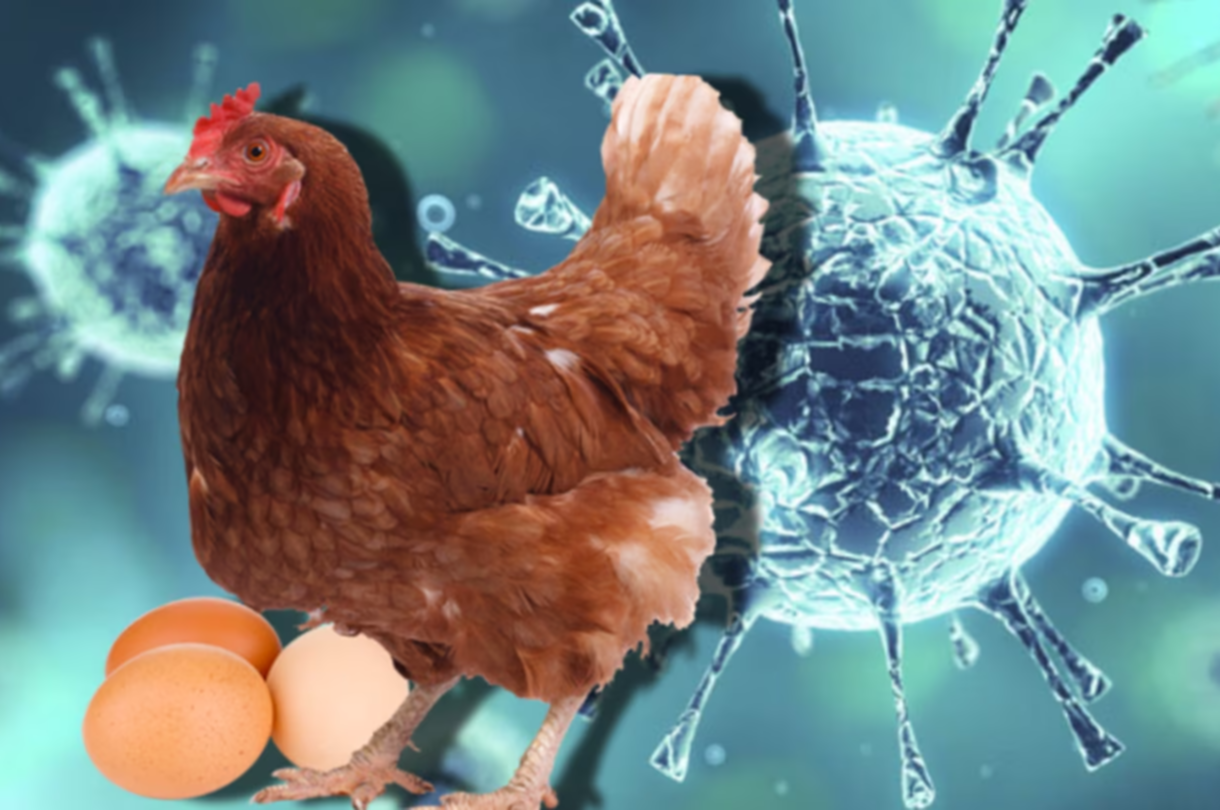In Rio Grande, 21 animals died, 7 of which were infected with the virus, according to the diagnosis by Senasa National Laboratory. Just three days ago, the country was declared free of the disease.
Just three days after the National Agri-Food Sanitation and Quality Service (Senasa) declared the country free of bird flu outbreaks, shutting down commercial poultry farms after the last outbreak of bird flu, the same health agency unveiled a shocking novelty Situation: First case of the disease in a mammal.
Senasa reported in a statement that 21 South American sea lions were found dead in Rio Grande (Tierra del Fuego), 7 of which were diagnosed with highly pathogenic avian influenza (HPAI) H5 by Senasa National Laboratories .
“So far, the country has resolved two previous suspicions of sea lions, both with negative results,” Senasa said.
He also stressed that this finding was made within the framework of surveillance actions and measures taken nationwide to prevent the disease, as determined by the respective emergency declarations, with the aim of maintaining the most recent self-declared freedom from the disease in poultry. .
In this context, Senasa, together with the provincial government and the city of Rio Grande, established a monitoring committee tasked with carrying out control and containment tasks in the affected area.
Likewise, health agencies continue to cooperate with different regions, as well as national, provincial, municipal organizations and production sectors, as they remain vigilant in the face of the behavior of the disease and its modes of transmission and transmission.
Notably, when sea lions stranded in the Atlantic Coast Reserve, Senasa and the provincial environment department had health protocols in place for their intervention.
In a precautionary manner, access to the coastal areas of the Rio Grande Reserve was prohibited and corresponding samples were collected and sent to Buenos Aires for analysis.
Senasa added that, based on international experience, marine mammals are susceptible to AI and are less frequently infected.
Countries in the region, such as Peru and Chile, have also reported other positive cases.
Faced with this situation, Senasa reminds producers, institutions and the public not to visit poultry farms after exposure to dead animals or symptoms associated with HPAI.
Additionally, he reiterated that if high mortality, neurological, digestive and/or respiratory symptoms in susceptible species are found in wild birds or commercial or backyard domestic birds, Senasa must be notified through the following channels:
- Go in person to the nearest Senasa office.
- Call 11 5700 5704
- via the application “Senasa Notifications” for mobile devices (available on the Play Store);
- Write to email: notificaciones@senasa.gob.ar
- Via the “Notify Senasa” section on its website.

